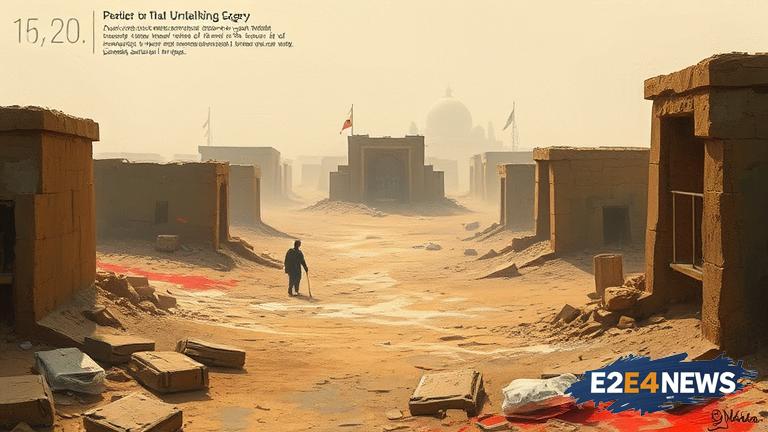The invasion of Iraq in 2003, led by the United States and its allies, was touted as a mission to liberate the Iraqi people from the tyrannical rule of Saddam Hussein. However, the reality on the ground has been far more complex and devastating. The conflict has resulted in the loss of hundreds of thousands of lives, the displacement of millions, and the destruction of infrastructure, cultural heritage, and the very fabric of Iraqi society. The country has been plagued by sectarian violence, terrorism, and corruption, with various factions and militias vying for power and influence. The foreign intervention has also had a profound impact on the regional dynamics, contributing to the rise of extremist groups such as ISIS and exacerbating the refugee crisis. The humanitarian situation in Iraq remains dire, with many Iraqis struggling to access basic necessities like food, water, and healthcare. The economic situation is also precarious, with the country heavily reliant on oil exports and facing significant challenges in diversifying its economy. Despite the official withdrawal of foreign troops, the legacy of intervention continues to shape the country’s trajectory, with many Iraqis feeling a sense of abandonment and betrayal. The international community has been criticized for its lack of accountability and transparency in its dealings with Iraq, with many questioning the true motives behind the intervention. The role of private military contractors and corporations has also been contentious, with allegations of war profiteering and human rights abuses. Furthermore, the environmental impact of the conflict has been severe, with the use of depleted uranium and other toxic substances contributing to a significant increase in birth defects and cancer rates. The cultural heritage of Iraq has also been severely damaged, with many historical sites and artifacts destroyed or looted during the conflict. The psychological trauma inflicted on the Iraqi people has been profound, with many struggling to cope with the loss of loved ones, the destruction of their communities, and the uncertainty of their future. In addition, the intervention has had a profound impact on the global community, contributing to a rise in anti-Western sentiment and a decline in trust in international institutions. As the world reflects on the consequences of foreign intervention in Iraq, it is clear that a new approach is needed, one that prioritizes the needs and aspirations of the Iraqi people and acknowledges the complexity and nuance of the conflict. This must involve a commitment to accountability, transparency, and justice, as well as a willingness to learn from the mistakes of the past and to support the Iraqi people in their efforts to rebuild and recover. Ultimately, the story of Iraq serves as a cautionary tale about the dangers of foreign intervention and the importance of respecting the sovereignty and autonomy of nations. The international community must take heed of this lesson and work towards a more just and equitable world, where the rights and dignity of all people are respected and protected.
